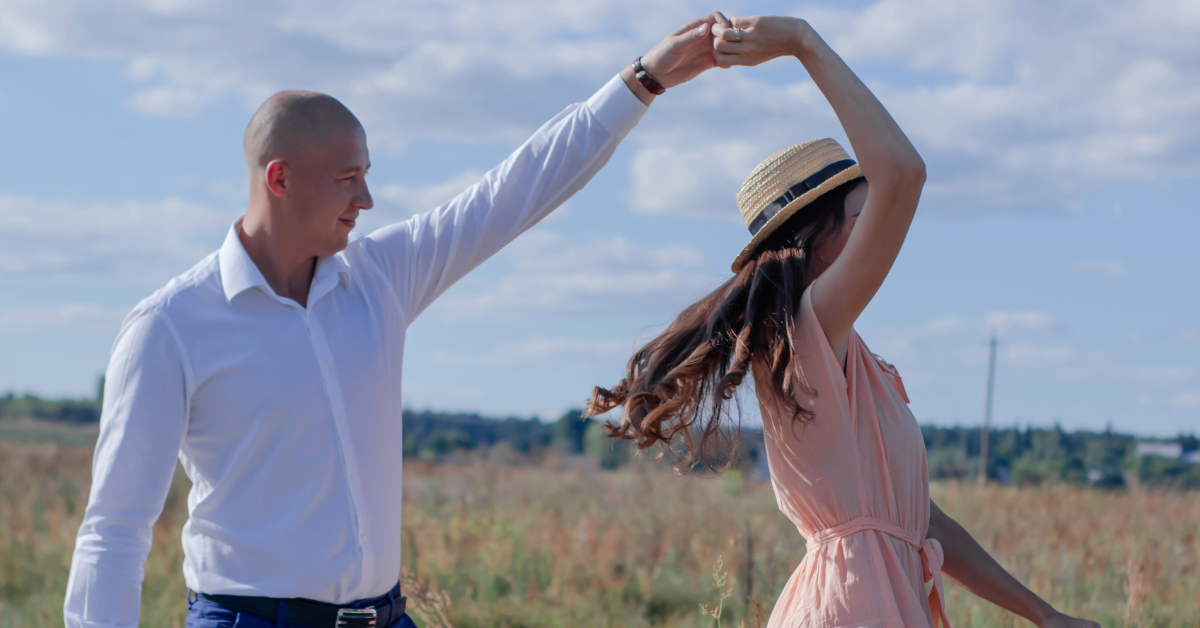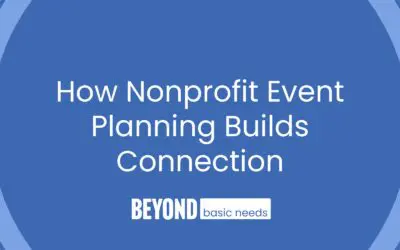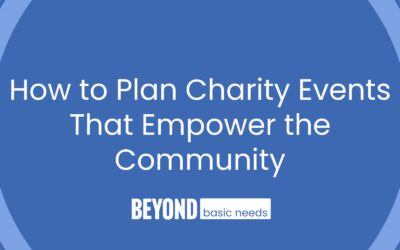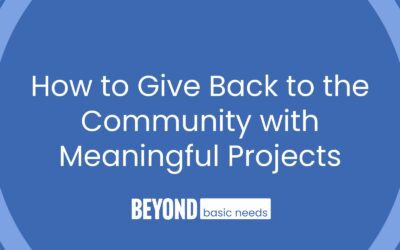Dating after cancer comes with unique experiences, especially when one partner is still adjusting to life beyond treatment. If you’re dating a survivor, building a strong connection starts with empathy, curiosity, and open conversation.

Start with Respect and Communication
Survivors often carry emotional or physical effects from treatment. Give your partner space to share their story when they’re ready. Avoid rushing into heavy topics. Listen, ask open questions, and keep communication honest.
Check in regularly. Saying “How are you feeling today?” or “What would support look like right now?” opens the door to emotional closeness.
Be Clear About Boundaries
Talk about comfort levels early on. Everyone needs room to express their limits, whether physical intimacy, medical discussions, or future planning. Respect your partner’s pace and be honest about your own.
Focus on the Whole Person
Cancer may be part of their story, but it’s not the only part. Celebrate their passions, humor, and strengths. Go on dates that feel fun and normal. Doing things outside the “cancer lens” helps the relationship grow naturally.
Support Without Taking Over
You don’t need to become a caregiver. Offer support by learning about their experience and being present when invited. Small gestures, such as asking how to help or remembering an appointment, show care without overstepping.
Talk About Intimacy
Cancer treatment can change how someone feels about their body or sex. This might affect your connection. The key is to stay open, patient, and creative in expressing closeness. Sometimes, emotional safety builds deeper intimacy than physical touch alone.
Know When to Seek Help
You’re learning together. It’s okay to have questions or feel unsure. Survivor support groups and partner resources can offer tools and shared insight. There’s no single “right way” to date after cancer, but there is a way that works for both of you.







